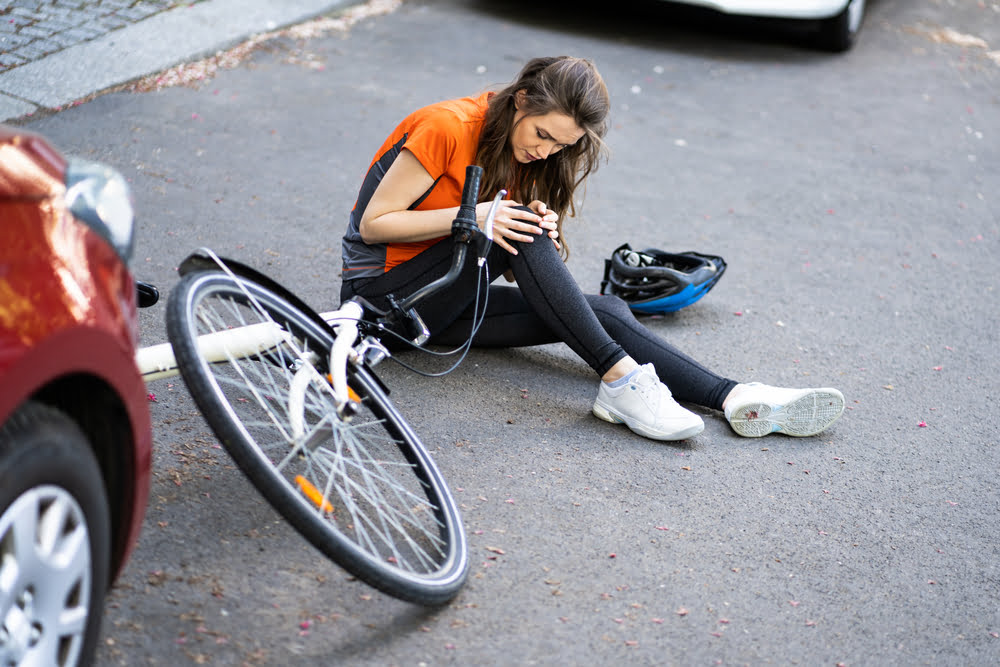Police enforcement appears to be an essential link in reducing risks.
The recent rise of fat bikes, a type of electric bicycle with noticeably fat tires, raises concerns about road safety. Capable of reaching speeds comparable to mopeds, these bikes have become a popular choice among children and teenagers. However, with increasing popularity and speeds comes an increased risk of accidents, leading to concerns in cities such as Amsterdam.
The distinction between regular e-bikes and fat bikes with higher power, which can reach speeds of more than 25 kilometers per hour without much pedaling effort, upsets the balance on cycle paths. This danger is exacerbated by the fact that many of these bicycles are illegally staged, even voiding insurance in the event of an accident. The fact that young children also participate in this risky behavior, often without full awareness of the dangers, increases the urgency for action.
"Many young people, who can, so to speak, cycle without training wheels, now cycle through the streets at 45 kilometers per hour."

While Amsterdam and other municipalities await a response from the minister, the streets continue to witness an evolving traffic landscape that begs for updated rules and responsible driving behavior.
The increase in accidents on cycle paths has led to calls for stricter enforcement. The police monitor and issue fines for driving souped-up or illegal e-bikes and fat bikes. In serious cases, vehicles are seized. To increase awareness, the approach also focuses on information. Parents and schools play a crucial role in these information campaigns, which highlight the risks of illegal modifications to bicycles and draw attention to the consequences for riding on public roads.
Despite the discussion about mandatory helmet use for cyclists, research shows that such an obligation can have an adverse effect on cycling culture and public health. Amsterdam sees more in encouraging the wearing of a helmet on a voluntary basis, with special attention to children and the elderly. As part of the Multi-Year Bicycle Safety Plan, campaigns are being prepared at national level to promote the use of bicycle helmets.
In addition to information and enforcement, municipalities strive for structural measures. A brief to the minister, signed by Amsterdam and twenty other municipalities, asks for an action plan. This plan may include a ban on the sale of performance sets and the setting of a minimum age for e-bike use.



